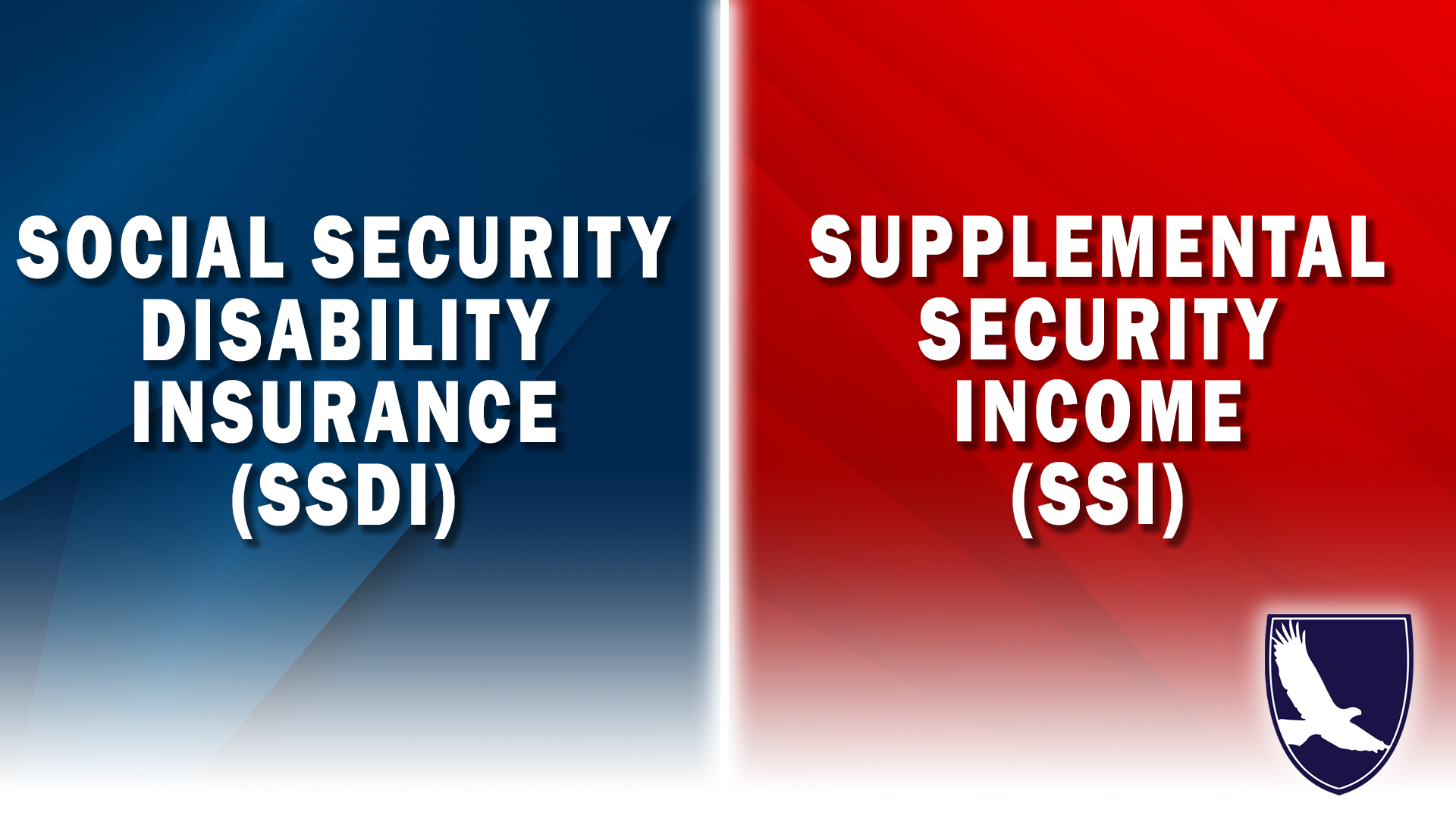Table of Contents
- Getting Two SSI Payments in One Month | SSA
- What Are SSI Benefits and Am I Eligible?
- Social Security Looks to Expand Outreach and Access for SSI | Cuddigan Law
- Difference Between SSI and SSDI | Social Security Attorney WV
- Higher contribution means more benefits, assures SSS
- What is the difference between SSI and SSDI? | New York Attorney
- When Are March 2024 Social Security Payments Coming? - Newsweek
- What Does Ssi Mean? - Meaning, Uses and More - FluentSlang
- Ssi Disability Increase 2025 Update - Cleo Mellie
- LARGER Checks Social Security Benefits Will INCREASE! | SS SSI SSDI Low ...



Understanding SSI Payments and Social Security Benefits



Eligibility Requirements for SSI Payments and Social Security Benefits



Can You Receive Both SSI Payments and Social Security Benefits?
In some cases, an individual may be eligible to receive both SSI payments and Social Security benefits simultaneously. This is known as "concurrent benefits." To qualify for concurrent benefits, an individual must meet the eligibility requirements for both programs. For example, an individual who is receiving Social Security Disability Insurance (SSDI) benefits may also be eligible for SSI payments if they have limited income and resources. However, it's essential to note that receiving concurrent benefits can affect the amount of SSI payments an individual receives. The SSA will reduce the SSI payment amount by the amount of the Social Security benefit, which is considered "unearned income." This means that the individual will not receive the full SSI payment amount in addition to their Social Security benefit.
How to Apply for SSI Payments and Social Security Benefits
If you believe you may be eligible for both SSI payments and Social Security benefits, you can apply for both programs through the SSA. You can apply online, by phone, or in person at your local SSA office. It's essential to provide detailed information about your income, resources, and work history to ensure that your application is processed correctly. Receiving SSI payments and Social Security benefits simultaneously can provide essential financial support for individuals with limited income and resources. While there are specific requirements and conditions that must be met, it's possible to qualify for concurrent benefits. By understanding the eligibility requirements and application process, you can navigate the system and unlock the benefits you're entitled to. If you have questions or concerns about SSI payments and Social Security benefits, contact the SSA or consult with a qualified representative to get personalized guidance.Keyword: SSI payments, Social Security benefits, concurrent benefits, Supplemental Security Income, Social Security Administration